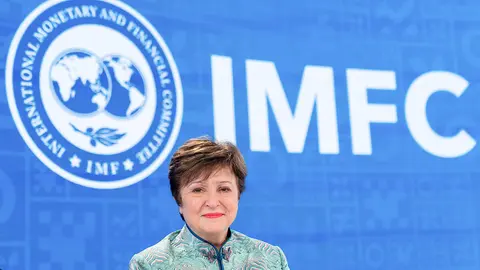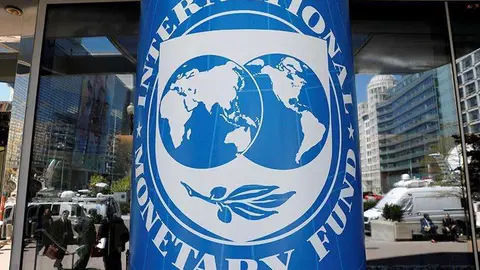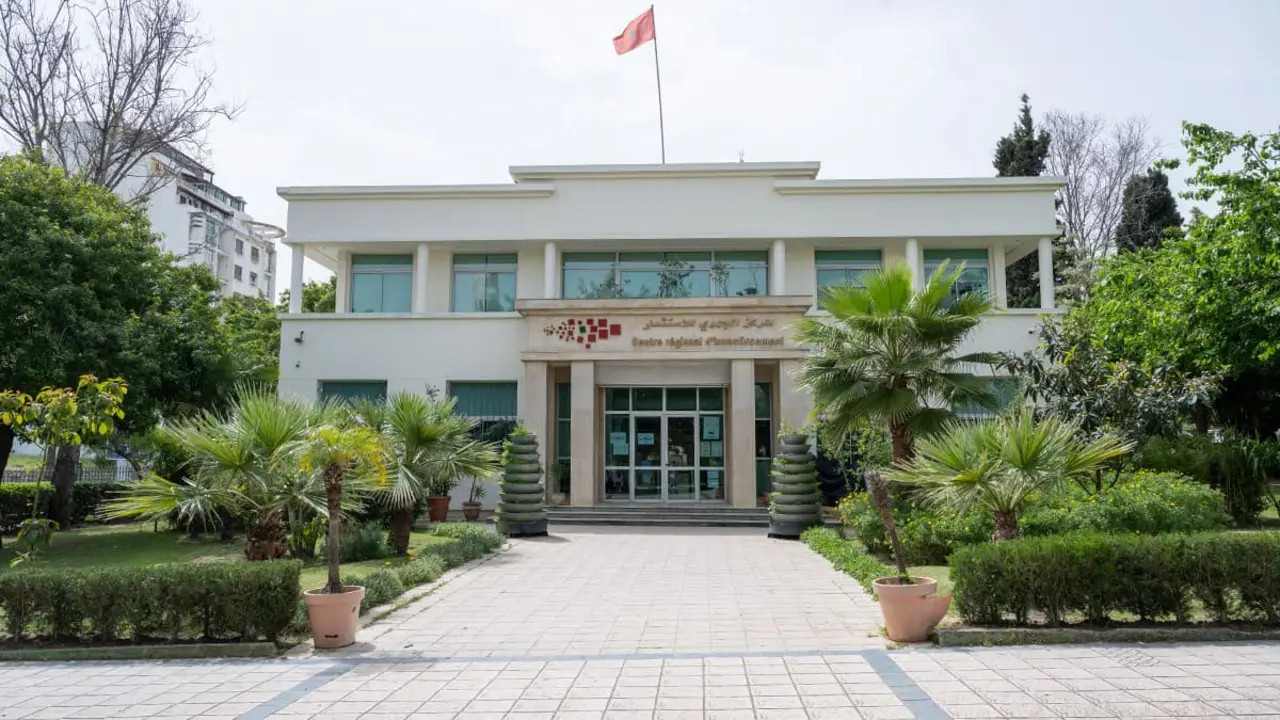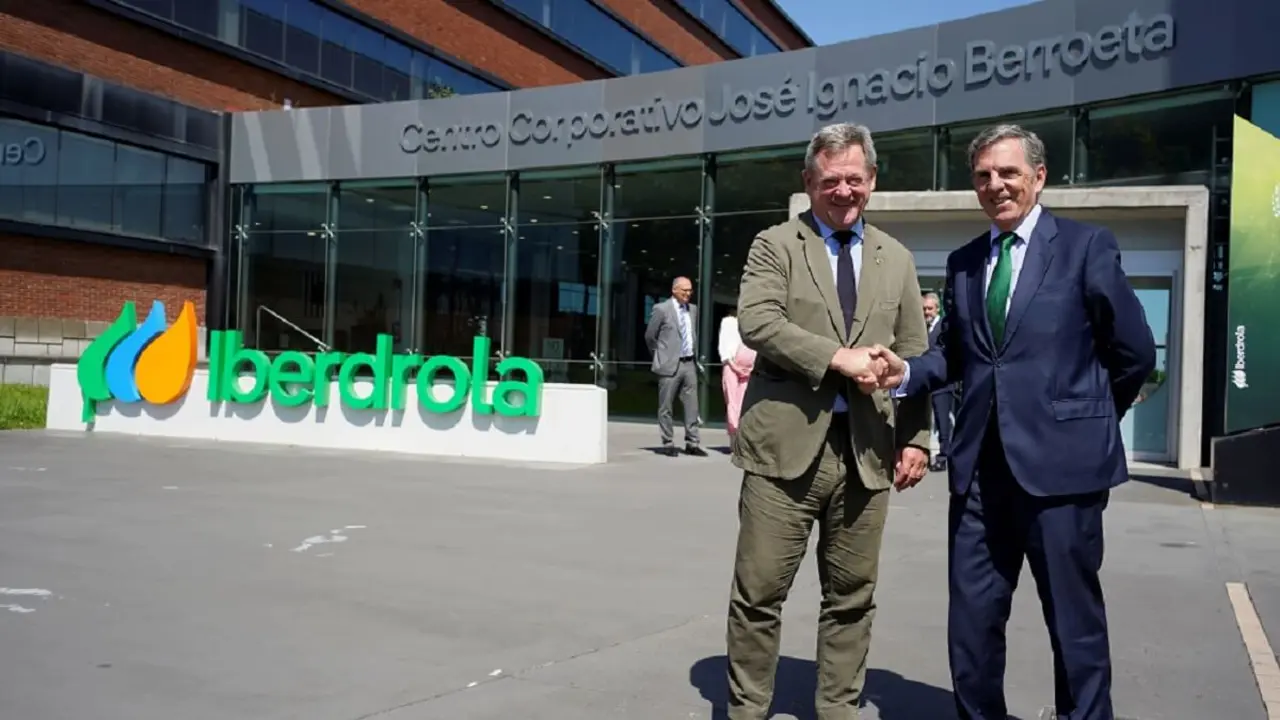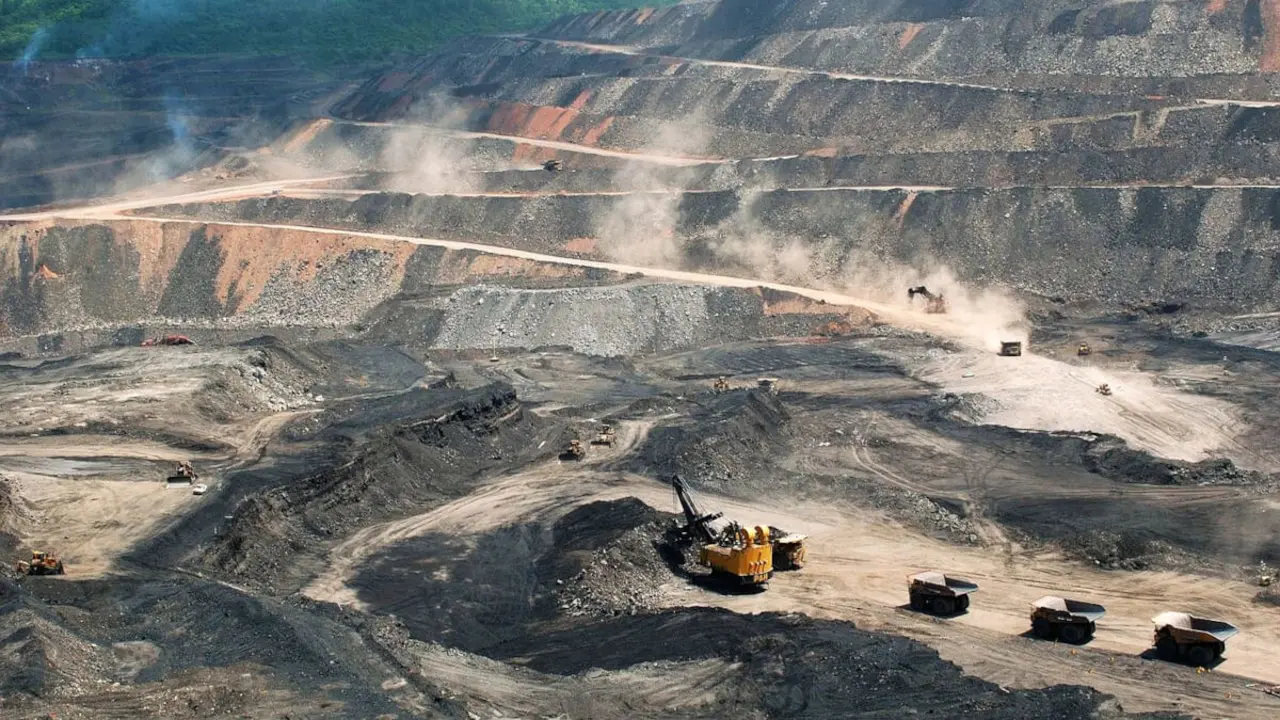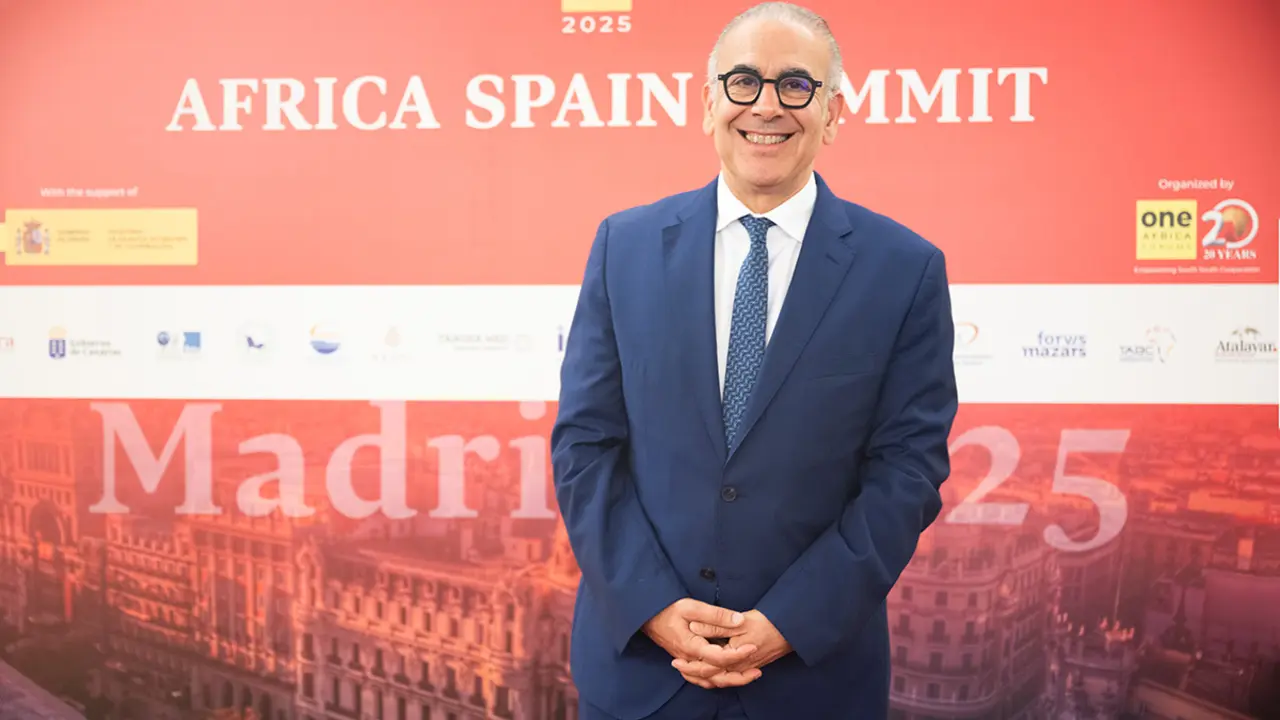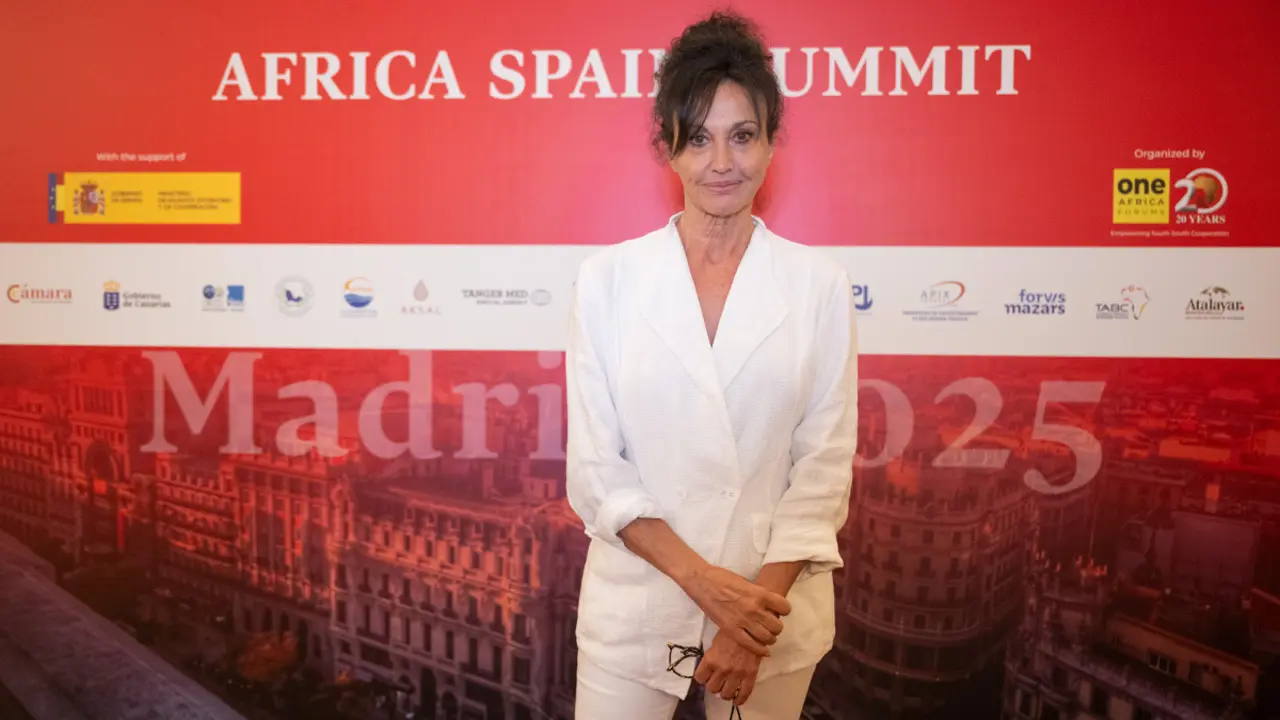IMF approves a resilience loan for Morocco

The executive board of the International Monetary Fund (IMF) has announced in a statement the approval of the $1.3 billion Resilience and Sustainability Fund loan for Morocco.
This assistance aims to support the Kingdom in addressing climate-related challenges such as drought, a major problem for Morocco. This fund will serve to reinforce the measures promoted by the government to address this major challenge, which affects different sectors, especially agriculture.

In addition, as the institution pointed out in the communiqué, this financing over 18 months will also enable the Moroccan authorities to strengthen preparedness for natural disasters, take advantage of the opportunities of decarbonisation and promote sustainable development.
The IMF announced its decision to grant Morocco this loan on 15 September, days after the devastating earthquake that struck the North African country, particularly affecting the Al Haouz region. The earthquake was the strongest in 120 years, killing more than 2,900 people and injuring more than 5,500.
IMF chief Kristalina Georgieva announced the news in an interview with Reuters, noting that the loan is intended to contribute to Morocco's resilience efforts to address climate-related challenges.
This aid also comes shortly before the IMF, along with the World Bank, hold their annual meetings in Marrakech despite the earthquake. As IMF spokesperson Julie Kozack noted, the event - to be held from 9-15 October - will serve as "a bridge to bring people from around the world together". She also stressed that the meeting will contribute to the strengthening of Morocco and its people in the aftermath of the devastating earthquake.

Weeks after the disaster, the IMF, the World Bank and the Moroccan Ministry of Economy and Finance confirmed in a joint statement that the meetings would be held in the Moroccan city, as planned.
The institutions reached this decision after a comprehensive assessment of Marrakech's capacity to host the meetings. In this regard, two aspects were taken into account: that the event should not hamper vital relief and reconstruction efforts, and the possibility of ensuring the security of participants.
It is particularly positive for Morocco that the meetings will be held, as it will provide an opportunity for the international community to support the country. It will also be beneficial for the hotel sector, a key industry in the Moroccan economy that is still struggling to fully recover from the pandemic and the effects of the earthquake.

